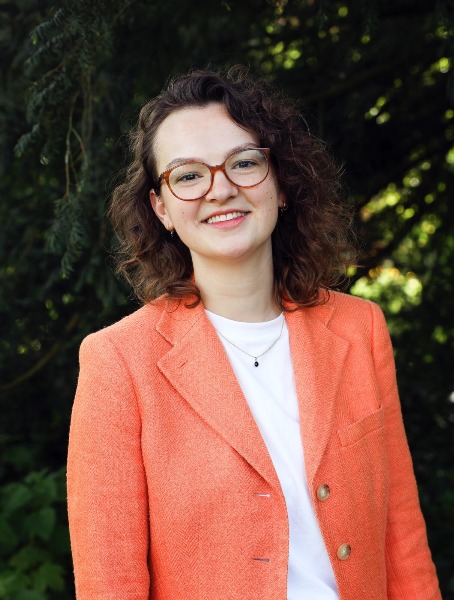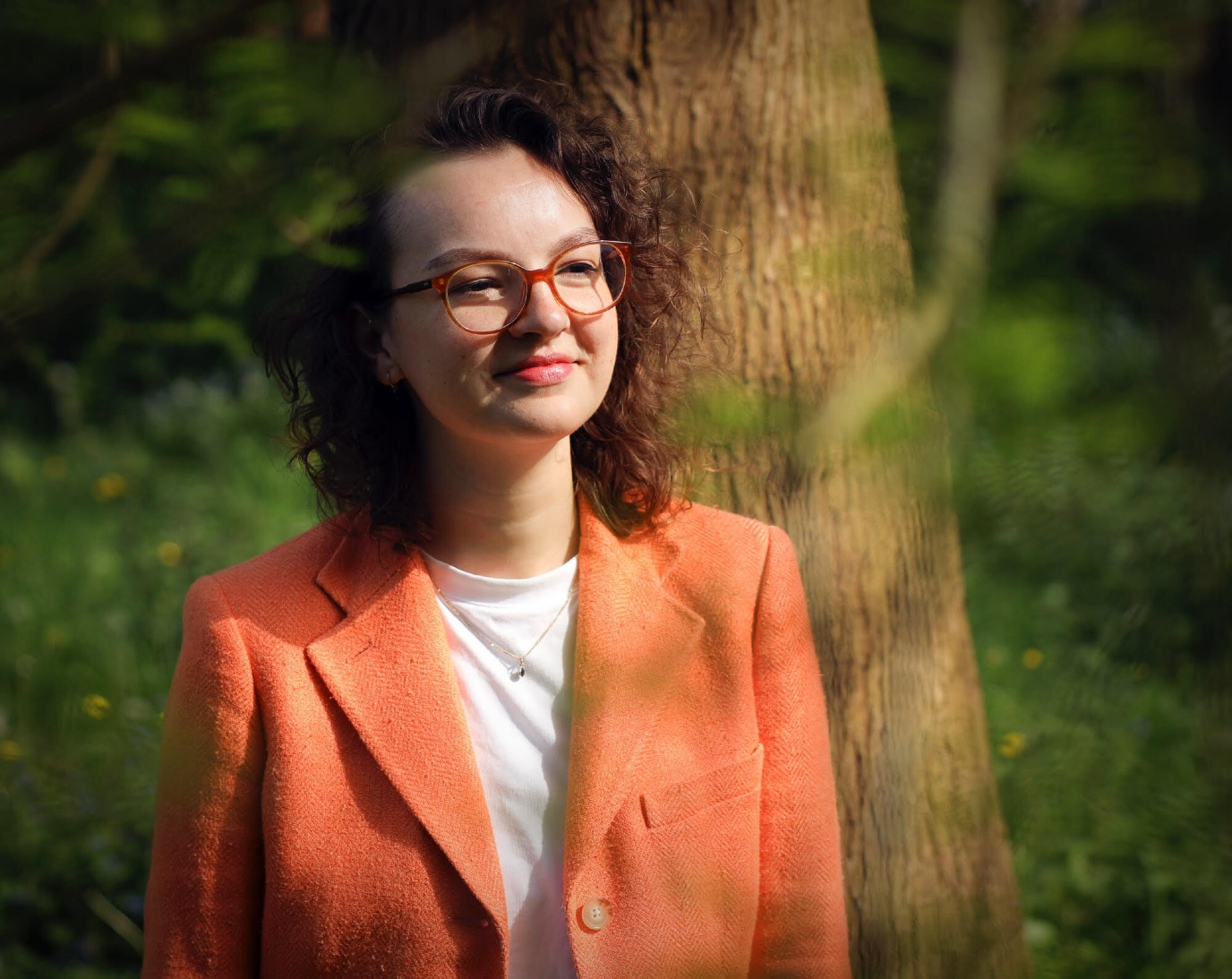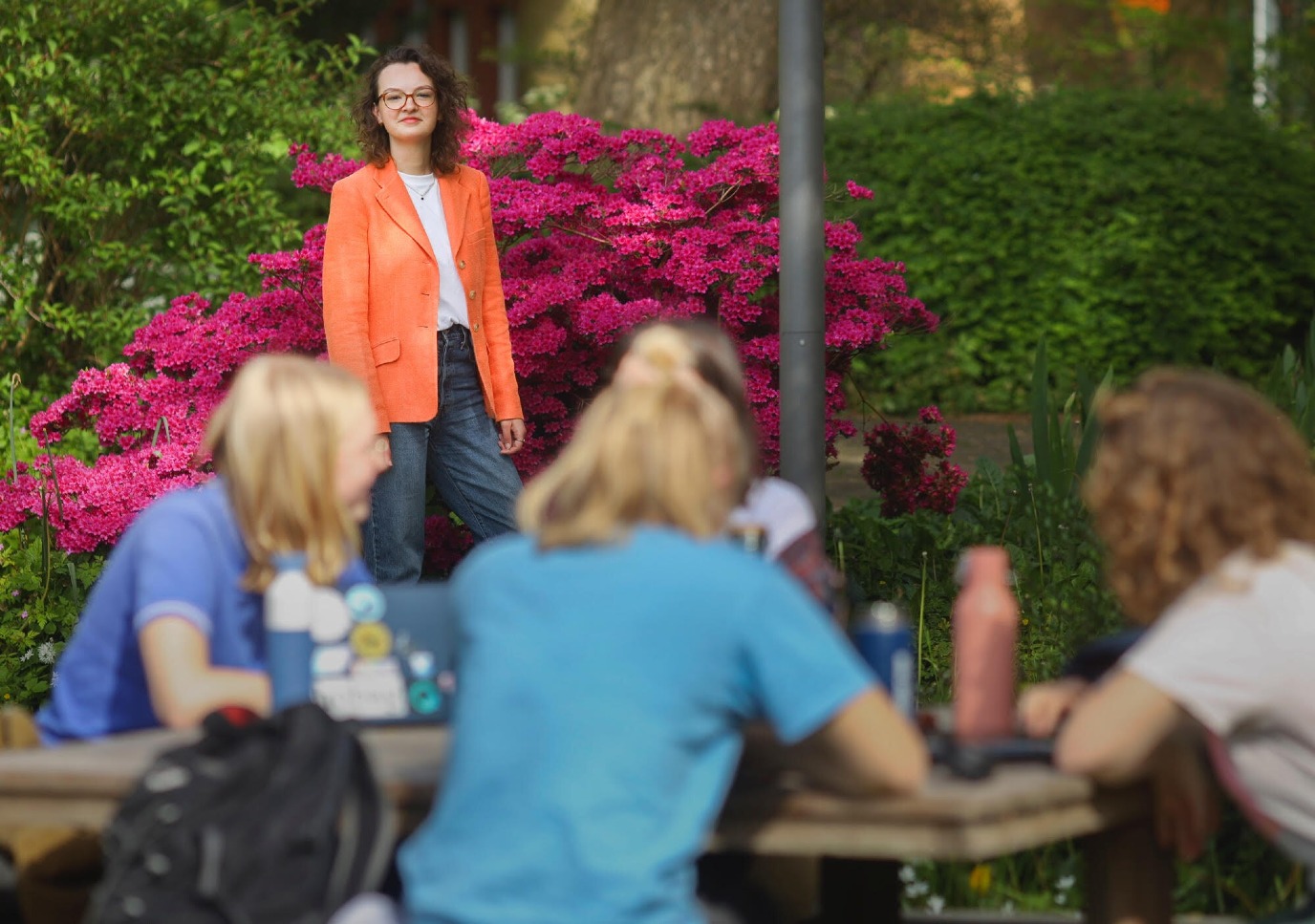School transitions as a fresh start

It is a vivid memory for her: the transition from primary to secondary school. At eleven years old, she nervously took the End of Primary Education Test, received a track recommendation, and oriented herself toward secondary schools. Growing up in Groningen, there were many schools to consider. The one closest to her had an informal atmosphere and a track specifically focused on arts that immediately caught her attention. However, as all her close friends from primary school were planning on attending a different school, she was worried that she would lose her friends, and that she would not fit in with her new peer group in secondary school. Now, almost twenty years later, Sofie Lorijn is studying peer relationships in the transition from primary to secondary school during her PhD. She talks about her findings.
Text: Sofie Lorijn / Photos: Henk Veenstra
Peer relationships gain importance
Among all the challenges associated with school transitions, peer relationships stand out as pupils’ main concern. This strong desire for peer relationships is caused by significant neurobiological changes that occur during adolescence. Social-cognitively, adolescents become more independent from their parents and they increasingly become capable of maintaining peer relationships. These peer relationships are more attractive than relationships with adults because they are more equal, voluntary, and less controlling. Biological maturation leads to an increased desire for social status and contact with potential romantic partners. In addition, adolescents also grow to become more and more capable of perspective taking, which allows them to reflect on their status in the peer group. Specifically, adolescents strive to be liked and popular in their peer groups and avoid being victimized or lonely. It is thus not surprising that students at this developmental stage are concerned about fitting into a new peer group. Given their concerns during this time in their lives, it is important to study how students’ peer relationships change during school transitions and why some of them experience a smooth transition whereas others face more difficulties.

Fresh start
Despite students’ concerns, the transition from primary to secondary school can offer them a ‘fresh start’ in terms of peer relationships. My research showed that many students felt less lonely and more connected to peers in their new secondary school peer group compared to their previous primary school peer group. Even during the COVID-19 pandemic, which raised societal concerns about increasing feelings of loneliness, loneliness decreased in my sample of early adolescents. In particular, students who were bullied or felt lonely in primary school experienced a fresh start in secondary school. Contrarily, students who were more attached to their primary school peers benefited less from the transition. The reason for this might be that entry into a new peer group possibly shuffles the existing social hierarchy and provides a fresh start to those who need it most. This fresh start may be facilitated by the wide variety of secondary schools in the Netherlands from which students can choose. This allows students to choose a school that fits in best with their norms and interests, which makes it easier for them to form friendships with like-minded peers. Thus, students who derive greater social benefits from a new peer group may experience smoother school transitions.
While students with low peer status in primary school benefited the most from a fresh start, these students did remain the group most at risk for lower socio-emotional and academic development. For example, victimized students in primary schools became less lonely during the school closure of the COVID-19 pandemic, probably because they were victimized less. Nonetheless, they did remain lonelier than students with higher peer status. Furthermore, although most students who experienced victimization in primary school found some relief after the transition, approximately one student per classroom (representing 5.9% of all students) continued to experience victimization in secondary school. In addition, my research showed that preadolescents who were rejected by their peers were more likely to have lower educational attainment in early adulthood. Thus, while students with lower peer status may benefit the most from school transitions, these students remain vulnerable in terms of socio-emotional and academic adjustment.

My trajectory
My secondary school peer group did not necessarily offer me a fresh start as a student who was attached to her primary school peers. However, I eventually gained popularity and made friends with like-minded students. In terms of academics, the early tracking system in the Netherlands, which has been extensively studied by numerous educational researchers, proved to be premature for me. I developed academically during the first two years of secondary school, levelling up to the general track, which I eventually completed after repeating a year. After completing my Bachelor’s degree at the Hanze University of Applied Sciences, I continued with a Pre-Master’s and Master’s degree in Sociology at the University of Groningen. Despite the long trajectory and the fact that my mother has a PhD, I never expected to earn a Master’s degree with honours and then a PhD myself. Most importantly, I am still close friends with my classmates from primary school.
This article was published in collaboration with MindMint.
More information
| Last modified: | 10 June 2024 4.43 p.m. |
More news
-
17 March 2025
Liekuut | The high price of conflicts
According to Carsten de Dreu, Professor of Foundations of Cooperation and Social Organization at the University of Groningen, a lot can be learned from conflicts.
-
10 March 2025
Science for Society | Memory Lab for higher marks
Learning facts at school is something hardly anyone likes. The day before a test, pupils cram as many words or names as possible into their heads, only to hopefully remember them the next morning and then forget them again after the test.
-
05 March 2025
Women in Science
The UG celebrates International Women’s Day with a special photo series: Women in Science.
